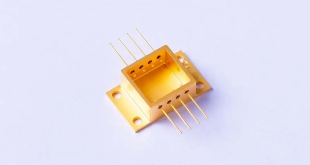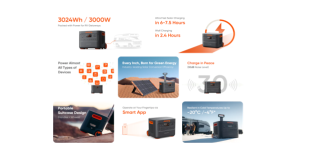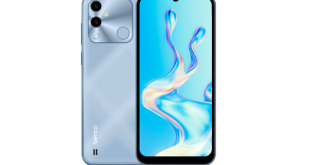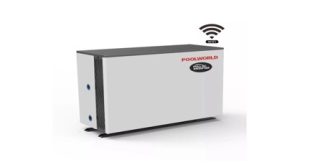In this article, the evolution of barcode technology and its implications for retail are examined. The author provides a history of the development of barcode technology and how the introduction of barcode readers in the mid-20th century has impacted contemporary retail.
How Barcode Technology Works
The barcode is a physical representation of information that can be scanned by an electronic reader to identify and track products. The first barcodes were developed in the early 1900s, but their use was limited because they were not able to store large amounts of data. In the 1950s, barcodes became more widespread as they were able to store more data and were used in grocery stores to track inventory. In the 1970s, they began being used in other industries, such as manufacturing and retail. Today, barcodes are ubiquitous and are used in a variety of applications, including product identification, tracking shipments, and receipt printing.
The Implications for Retail
Barcode technology is a relatively new development in the world of retail, but it has already begun to have a significant impact on the way products are sold and tracked. In this article, we will discuss the evolution of barcode technology and its implications for retail stores.
The first barcode was developed in 1948 by Luther Burbank, an American scientist, and plant breeder. At the time, it was used primarily for inventory tracking in grocery stores. Today, barcodes are ubiquitous in commercial settings, including retail stores.
Barcodes have many benefits for retailers. They can help reduce inventory theft by automating the identification process. They can also reduce shrinkage, which is the amount of unsold merchandise that goes to waste. Barcodes have enabled customers to order products and track the shipping status online.
And they are particularly helpful in the retail setting with items that might change hands multiple times, such as concert tickets, sporting events, or other tickets.
Conclusion
Barcode technology has come a long way in the past few years, and its impact on retail is only going to continue to grow. In this article, I have discussed the implications of barcode for the future of retail. I hope that this information will help you better understand how barcodes are changing the way we shop and how they can benefit your business.
 Pagal World
Pagal World




